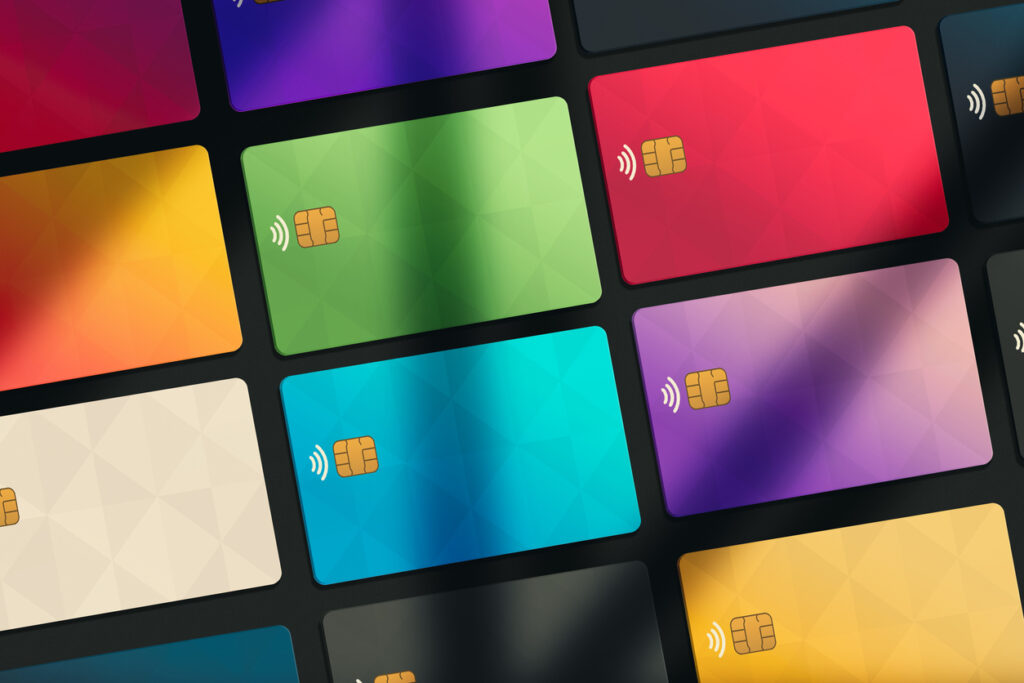
Credit cards can be powerful financial tools when used correctly. They offer convenience, security, and rewards programs that can help you save money on everyday purchases. However, mismanaging them can lead to high-interest debt, fees, and credit score damage.
By using credit cards strategically, you can maximize benefits while avoiding common pitfalls. Here’s how to use your credit cards wisely to earn rewards and save money.
Choose the Right Credit Card for Your Needs
Not all credit cards are created equal. The best one for you depends on your spending habits and financial goals. Consider the following types of cards:
- Cashback Credit Cards – Earn a percentage of your purchases back as cash. Great for everyday spending.
- Travel Rewards Credit Cards – Earn points or miles for flights, hotels, and travel-related purchases. Ideal for frequent travelers.
- 0% APR Credit Cards – Offer introductory periods with no interest on purchases or balance transfers, useful for large expenses or consolidating debt.
- Store Credit Cards – Provide discounts and exclusive offers at specific retailers but may have higher interest rates.
Compare rewards, interest rates, and annual fees before selecting a card that aligns with your spending habits.
Always Pay Your Balance in Full
The best way to use a credit card is to pay off the full balance each month. This helps you:
- Avoid high-interest charges on unpaid balances.
- Improve your credit score by maintaining a low credit utilization rate.
- Maximize the rewards you earn without losing money to interest.
If you carry a balance, even a small one, the interest charges can quickly outweigh any rewards earned.
Use Credit Cards for Everyday Purchases (But Stay Within Budget)
A smart way to maximize rewards is to use your credit card for regular expenses like:
- Groceries
- Gas
- Utility bills
- Subscriptions and streaming services
- Dining and entertainment
However, only charge what you can afford to pay off in full by the due date. Treat your credit card like a debit card to avoid overspending.
Take Advantage of Signup Bonuses and Promotions
Many credit cards offer lucrative signup bonuses when you meet a spending requirement within the first few months. These bonuses can be worth hundreds of dollars in cashback, points, or travel rewards.
Before applying for a card, check:
- The spending requirement – Ensure you can meet it without overspending.
- The bonus value – Compare different offers to find the best deal.
- The card’s long-term value – A great bonus doesn’t always mean it’s the best card for you.
Maximize Cashback and Rewards
Different cards offer different earning structures. To get the most out of your credit card:
- Use category-specific cards – Some cards give higher rewards on groceries, travel, or dining.
- Stack rewards – Combine cashback from credit cards with store loyalty programs and cash-back apps.
- Redeem wisely – Travel points often have higher redemption values when used for flights and hotels rather than gift cards.
Utilize 0% APR Offers for Big Purchases
If you need to make a large purchase, consider using a credit card with a 0% intro APR offer. This allows you to pay off the balance over several months without accruing interest.
- Best for: Furniture, electronics, medical expenses, or other planned large purchases.
- Tip: Always pay off the balance before the promotional period ends to avoid retroactive interest charges.
Automate Payments to Avoid Late Fees
Missing a credit card payment can result in:
- Late fees
- Higher interest rates
- Negative impact on your credit score
Set up automatic payments for at least the minimum balance to ensure you never miss a due date. If possible, automate full balance payments to avoid interest charges.
Keep Your Credit Utilization Low
Your credit utilization ratio—the amount of credit used compared to your total credit limit—affects your credit score. To maintain a strong credit profile, aim to:
- Keep your utilization below 30% of your total limit.
- Pay off your balance before your statement closing date to lower reported usage.
- Request a credit limit increase to improve your utilization ratio (but don’t increase spending).
Be Aware of Fees and Interest Rates
Credit cards can come with various fees that eat into your savings if you’re not careful. Watch out for:
- Annual fees – Some premium cards charge high fees but may be worth it if you maximize rewards.
- Foreign transaction fees – Avoid these if you travel internationally; look for a no-foreign-transaction-fee card.
- Cash advance fees – Avoid using your credit card for cash withdrawals, as these typically have high fees and immediate interest charges.
Consider Balance Transfers to Reduce Interest
If you have high-interest debt, a balance transfer credit card with a 0% introductory APR can help you pay it off faster.
- Transfer your balance from a high-interest card to a 0% APR card.
- Pay off the balance before the promotional period ends to avoid interest.
- Be mindful of balance transfer fees, which are typically 3-5% of the transferred amount.
Monitor Your Account for Fraud and Errors
Credit card fraud is a growing concern, but you can protect yourself by:
- Setting up account alerts for unusual activity.
- Reviewing statements monthly for unauthorized charges.
- Using virtual card numbers when shopping online for added security.
- Freezing your card through your bank’s app if you suspect fraud.
Final Thoughts
When used wisely, credit cards can be powerful financial tools that help you earn rewards, build credit, and manage expenses efficiently. The key is to pay your balance in full, maximize rewards, and avoid unnecessary fees and interest.
By following these smart credit card habits, you can take full advantage of the benefits while staying in control of your finances.
